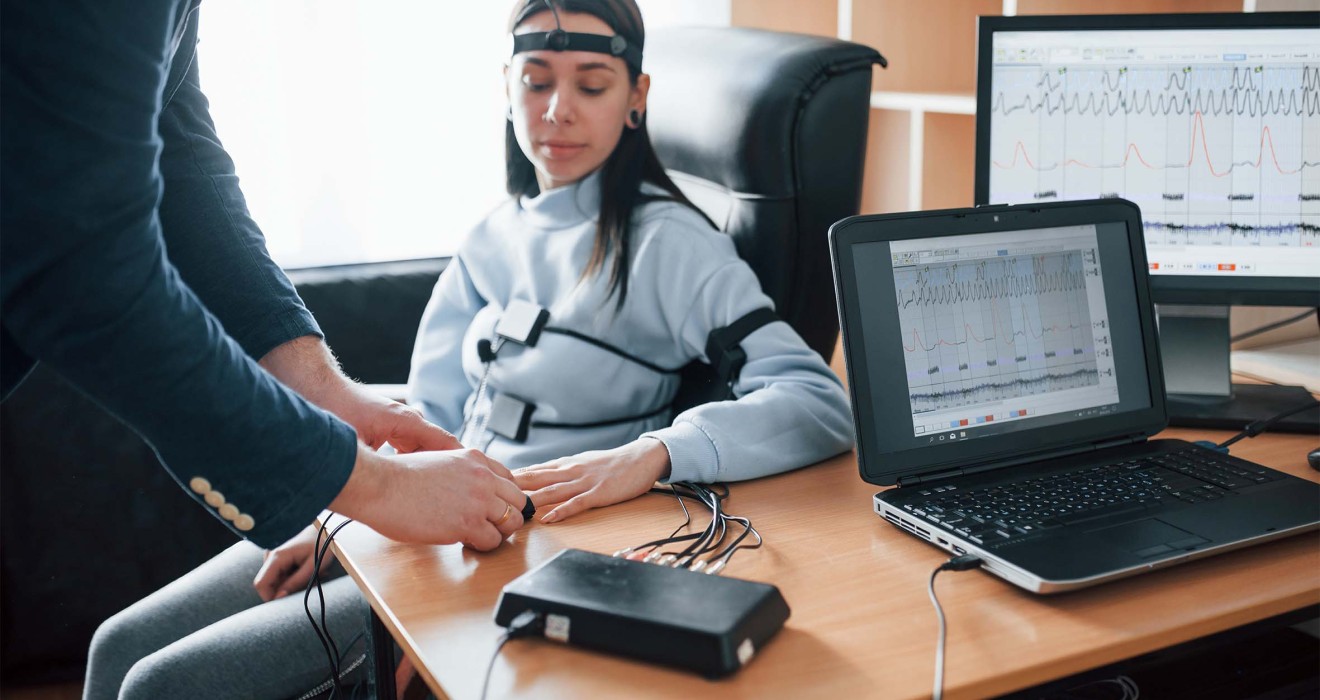
All the Answers You’re Looking for About the Stress Test
The stress test, widely used in cardiology, is a crucial tool for understanding how your heart functions during physical activity. These tests play a significant role in early diagnosis of heart diseases, creating treatment plans, and monitoring progress. From treadmill exercise tests to pharmacological stress tests. These methods help assess the limits of your heart.
What Is a Stress Test?
A stress test is typically conducted during exercise or by using medications that make the heart work harder. It is performed to observe how the heart responds to exertion. This test is used to detect blockages in the heart’s arteries or issues with the heart muscle.
During exercise, the heart rate increases. This acceleration provides a clearer view of the relationship between the heart and blood vessels. If the heart does not respond as expected during exercise, the test may indicate certain abnormalities.
How Is a Stress Test Performed?
The method of conducting a stress test varies based on the patient’s physical condition. There are two main types of stress tests:
- Exercise Test (Treadmill Test): The exercise test is the most commonly used method. The patient walks or runs on a treadmill. As exercise increases heart rate and workload, electrical signals are measured, and heart function is evaluated.
- Pharmacological Test: Some patients may be unable to perform physical exercise. In such cases, a pharmacological test is conducted. Instead of exercise, medications are used to increase heart rate. These drugs simulate exertion and enable the test to be performed.
Both tests typically last 10–15 minutes. An electrocardiogram (ECG) is used during the test to measure the heart’s electrical activity.
Who Needs a Stress Test?
Usually performed in the following cases:
- Chest Pain:Chest pain can be a sign of heart disease. A doctor may recommend the test to assess heart health.
- History of Heart Attack: It is used to evaluate heart function in patients who have had a heart attack. This helps monitor recovery and assess the risk of another heart event.
- High Blood Pressure: Hypertension increases the risk of heart disease. A stress test is conducted to evaluate how the heart functions under stress.
- Family History of Heart Disease: Individuals with a family history of heart disease may undergo the test for early diagnosis. Heart diseases can be genetic, making regular check-ups essential.
- Difficulty During Exercise: Those who experience shortness of breath, fatigue, or other issues during exercise may need a stress test to assess heart function.


